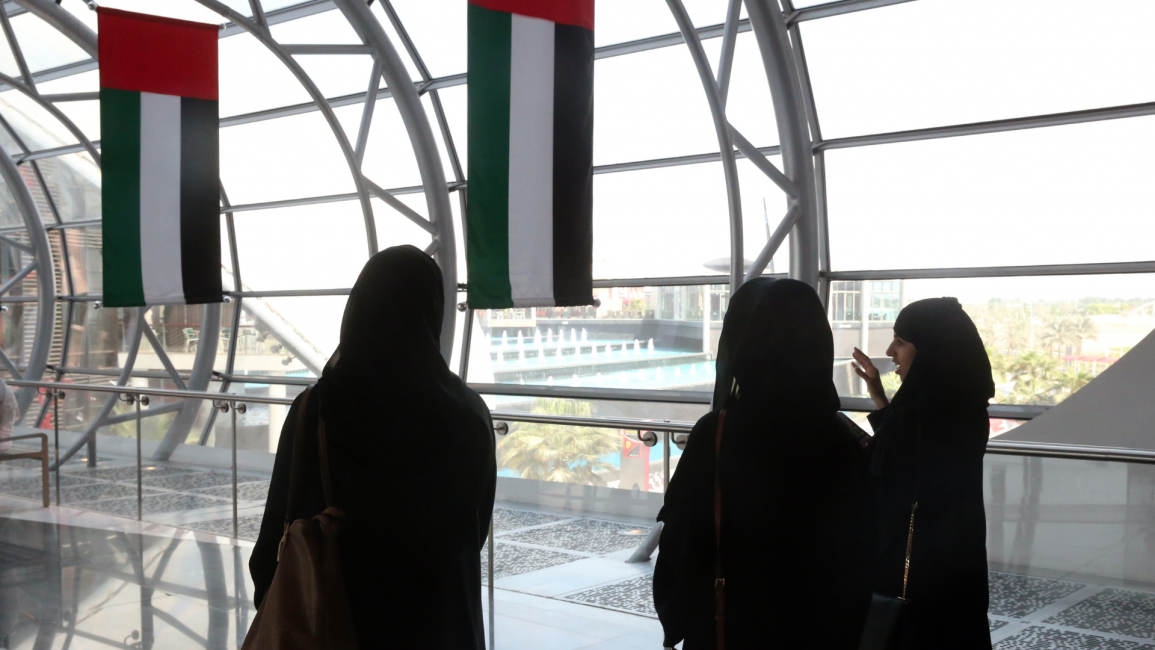UAE scraps penalties for alcohol, sex and gets tough on 'honour killings' in latest reform
The move comes as part of reforms to a range of personal and family laws in the country, including inheritance laws for residents and consensual sex between adults.
"Based on the UAE solid commitment to protecting women's rights, amendments to the Penal Code and Criminal Procedural law have repealed the article giving reduced (lenient) sentence in what is called 'honour crimes'," the official state news agency WAM reported.
The punishment for a crime committed to eradicate a woman's "shame", for promiscuity or disobeying religious and cultural strictures, will now be the same for any other kind of assault.
Also among the reforms is a change to the country's legislation on inheritance laws.
Read also: 'No honour in murder': Honour killings are a problem and we know it
"Amendments to the Personal Status and the Civil Transactions laws allow non-citizens to choose the law that governs issues such as inheritance," WAM reported.
In a country where expatriates outnumber citizens nearly nine to one, the amendments will permit foreigners to avoid Islamic Shariah courts on issues like marriage, divorce and inheritance.
The changes are part of efforts to "enhance the UAE legislative environment, entrench the principles of tolerance in the society and strengthen the country’s position as a preferred hub that attracts people to reside and work", the report added.
Minor, harmless acts, such as alcohol consumption and consensual sex outside marriage, will be decriminalised, Reuters said.
Previously, individuals needed a liquor license to purchase, transport or have alcohol in their homes. The new rule would apparently allow Muslims who have previously been barred from obtaining licenses to now drink alcoholic beverages freely.
Another amendment allows for "cohabitation of unmarried couples", which has long been a crime in the UAE.
Authorities, especially in the more free-wheeling financial hub of Dubai, tend to look the other way when it comes to foreigners, but the threat of punishment still lingered for such behaviour.
In the UAE, gender reform has been high on the agenda.
Recent social reforms have included removing restrictions on women's employment, implementing legal protections against sexual harassment in the workplace, and enacting a policy to combat domestic violence.
Women's participation in the UAE workforce is the highest of the Arab Gulf countries, at 51 percent, and Emirati women's enrolment in higher education exceeds that of men.
However, under the UAE's discriminatory laws, women cannot marry without the permission of a male relative and are required to be "obedient" to their husbands.
Women who work without the consent of their husbands may be considered disobedient, and women who refuse sexual relations with their husbands without a "lawful excuse" can be denied financial support.
Men also have a unilateral right to divorce their wives, whereas women must apply for a court order.
Domestic abuse also remains a problem in Emirati society. According to the Dubai Foundation for Women and Children (DFWAC), 1,027 cases of violence against women and children were reported in 2018 in one shelter alone, 893 of which were classified as domestic abuse.
In December 2019, the UAE government issued a "family protection policy" to prevent domestic abuse, which defined it and called for the creation of a standardised system for reporting domestic violence. There was previously no law recognising domestic abuse in the nation.
Sheikh Mohammed himself announced the policy, stating that the UAE does not tolerate "any kind of harm against children, elderly or vulnerable women".
Follow us on Facebook, Twitter and Instagram to stay connected



